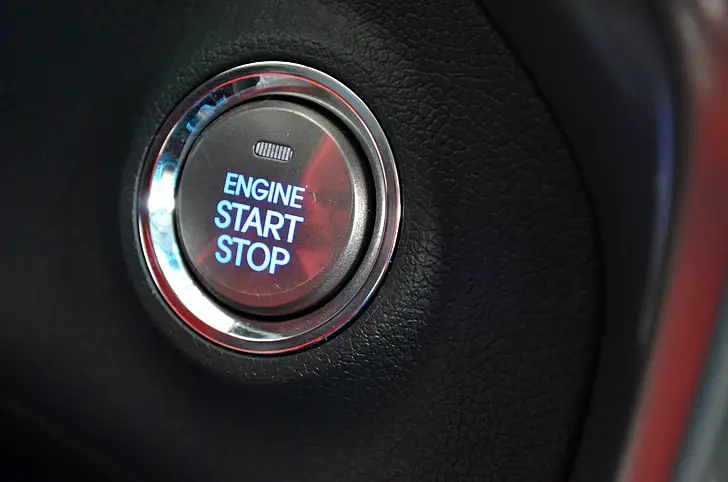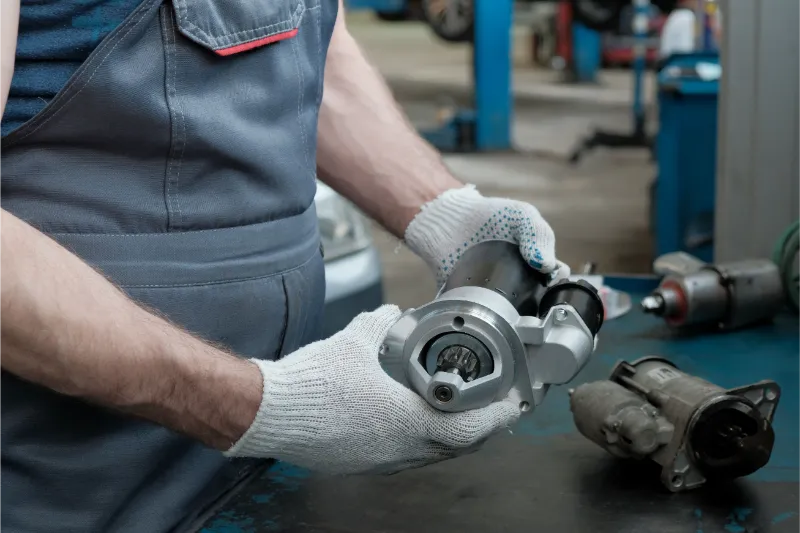
The short answer to “Do you need a car in Atlanta?” depends on your lifestyle, where you live, and your daily needs.
Atlanta is a city of contrasts when it comes to transportation. For some, owning a car is essential to navigate the sprawling suburbs and reach areas not served by public transit.
For others, especially those living in the city’s core, a car might be more of a hassle than a necessity. If you’re wondering whether you need a car in Atlanta, stick around.
This guide will break down the pros and cons of car ownership, explore public transportation options, and help you decide based on your location, lifestyle, and personal circumstances
Contents
Atlanta’s Transportation Landscape
Atlanta is often described as a car-centric city, and for good reason. The city’s infrastructure was built with cars in mind, and many areas outside the city center are difficult to access without one.
However, Atlanta also has a public transportation system, MARTA (Metropolitan Atlanta Rapid Transit Authority), which serves the city and some surrounding areas.
Public Transportation: MARTA
MARTA includes buses and trains that connect key parts of Atlanta, such as the airport, downtown, Midtown, and a few suburban areas like Decatur and Sandy Springs.
While MARTA is reliable for certain routes, its coverage is limited, especially in suburban neighborhoods.
Car Ownership in Atlanta
Owning a car is common in Atlanta, especially for those living outside the Perimeter (OTP)—the area beyond Interstate 285, which encircles the city.
Suburban areas like Alpharetta, Marietta, and Roswell are not well-served by public transit, making a car almost essential for residents.
Do You Need a Car in Atlanta? It Depends on Your Lifestyle
Single Professionals
If you’re a single professional living inside the Perimeter (ITP)—in neighborhoods like Midtown, Downtown, or Buckhead—you might not need a car.
These areas are well-connected by MARTA, and many amenities, restaurants, and workplaces are within walking or biking distance.
However, if your job is located in suburban areas like Duluth or Norcross, or if you frequently travel for work, a car becomes much more practical.
Public transit options to these areas are limited, and ridesharing services like Uber or Lyft can become expensive over time.
Married Couples Without Kids
For couples living in Midtown or Decatur, a car might not be necessary if both partners work in the city and enjoy urban living.
MARTA can handle most commutes, and ridesharing can fill in the gaps for occasional trips.
On the other hand, couples living in suburban neighborhoods like Smyrna or Johns Creek will likely need at least one car to manage daily errands, commutes, and social activities.
Parents and Families
For families, owning a car is almost always necessary, regardless of location. Even if you live in a MARTA-accessible area, public transit isn’t ideal for transporting kids to school, extracurricular activities, or doctor’s appointments.
Suburban families, in particular, will find a car indispensable for grocery shopping, school drop-offs, and weekend outings.
Working Professionals
If you work in Downtown Atlanta, MARTA can be a convenient option, especially if you live near a train station.
However, if your job requires frequent travel to suburban offices or industrial areas, a car is essential.
For those working in tech hubs like Alpharetta or business parks in Sandy Springs, public transit options are limited, and driving is often the only viable choice.
Women and Safety Concerns
For women, safety is an important consideration. While MARTA is generally safe during the day, some riders feel uncomfortable using public transit late at night or in less busy areas.
In such cases, having a car can provide peace of mind and greater control over your transportation.
Pros of Having a Car in Atlanta
- Convenience and Flexibility
A car allows you to travel on your own schedule, whether it’s for work, errands, or exploring the city. This is especially important for areas not served by MARTA, such as Vinings, Kennesaw, or Peachtree City. - Access to Suburban and Rural Areas
Atlanta’s suburbs and surrounding areas, like Stone Mountain or Lake Lanier, are difficult to reach without a car. If you enjoy weekend getaways or outdoor activities, a car is essential. - Comfort and Privacy
Driving your own car offers comfort and privacy, which can be especially appealing during Atlanta’s hot summers or long commutes.
Cons of Having a Car in Atlanta
- Traffic Congestion
Atlanta is notorious for its traffic. During rush hours, highways like I-285, I-75, and I-85 can become parking lots.
If you live and work in areas with heavy traffic, commuting by car can be stressful and time-consuming. - High Costs
Owning a car in Atlanta isn’t cheap. Costs include:- Insurance: Georgia has some of the highest car insurance rates in the country.
- Gas: While gas prices fluctuate, frequent driving can add up.
- Parking: Downtown and Midtown parking can be expensive, with monthly rates ranging from $50 to $200.
- Environmental Impact
Driving contributes to air pollution and greenhouse gas emissions. If you’re environmentally conscious, relying on public transit or biking might be a better option.
Pros of Using Public Transportation in Atlanta
- Cost-Effective
MARTA fares are affordable, with a one-way ticket costing $2.50. Monthly passes are available for frequent riders, making it a budget-friendly alternative to car ownership. - Environmental Benefits
Using public transit reduces your carbon footprint and helps alleviate traffic congestion. - Convenience for Certain Areas
MARTA is particularly useful for commuting to Hartsfield-Jackson Atlanta International Airport, Downtown, and Midtown.
Cons of Using Public Transportation in Atlanta
- Limited Coverage
MARTA doesn’t serve many suburban areas, making it impractical for residents of places like Cumming or Woodstock. - Scheduling Constraints
Buses and trains run on fixed schedules, which may not align with your needs. Delays and infrequent service can also be frustrating. - Safety Concerns
While MARTA is generally safe, some riders feel uneasy using it during off-peak hours or in less busy areas.
Alternative Transportation Options
- Biking
Atlanta is becoming more bike-friendly, with initiatives like the BeltLine and expanded bike lanes. However, biking is more practical for short commutes within the city. - Ridesharing Services
Uber and Lyft are convenient for occasional trips but can become expensive if used frequently. - Walking
Some neighborhoods, like Virginia-Highland and Inman Park, are highly walkable, reducing the need for a car.
Cloclusion
The answer depends on your location, lifestyle, and daily needs. If you live inside the Perimeter and have access to MARTA, you might be able to get by without a car.
However, for those living outside the Perimeter or with specific commuting needs, a car is often essential.
Consider your budget, safety, and convenience when making your decision. Atlanta is a city where both car ownership and alternative transportation options have their pros and cons.
Evaluate your situation carefully to determine what works best for you.
Share this guide with others who are considering life in Atlanta, and let us know your thoughts on navigating this vibrant city



Leave a Reply